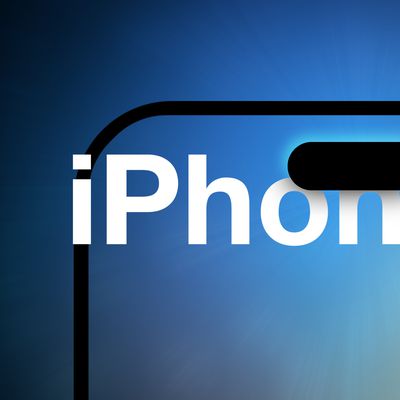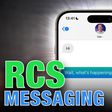![]()
The Financial Times reports that the U.S. government is continuing to take a look at Apple's forthcoming iAd mobile advertising system in order to decide whether to pursue a full antitrust investigation of the service. The possible investigation comes just after the Federal Trade Commission (FTC) concluded an exhaustive inquiry that ultimately resulted in the approval of Google's acquisition of AdMob, with the FTC pointing to Apple's iAd as a competitive factor contributing heavily to its decision in that case.
According to two people close to the situation, US regulators have already taken an interest in Apple's actions, though it is not yet clear whether it will be left to the Federal Trade Commission, which carried out the recent Google investigation, or the Department of Justice to take an investigation forward.
Apple's latest rules for developers who create apps for its devices limit the situations in which they can send approved information about their apps' audiences to advertising services. The information cannot be sent to advertising networks that are affiliated with companies developing or distributing mobile devices or operating systems - a definition that effectively excludes Apple rivals like Google and Microsoft.
Word of iAd interest on the part of federal regulators first surfaced early last month after the company altered its developer terms to exclude analytics companies from collecting data on users, although details of the FTC's interest at the time were not revealed.
Earlier this week, Apple again tweaked its developer terms to permit some analytics data collection, but a requirement that such companies be "independent" from mobile device or platform developers appears to shut out Google and AdMob from the platform, a move which unsurprisingly drew heavy criticism from AdMob's founder.
Apple has become embroiled in a number of potential antitrust cases in just the last month or so, with federal regulators taking a look at Apple's Flash-to-iPhone compiler at the behest of Adobe, as well as the company's tactics in the digital music market.



















